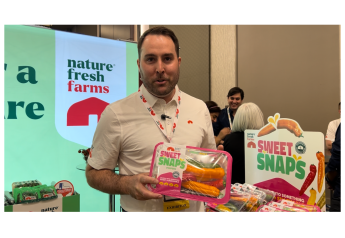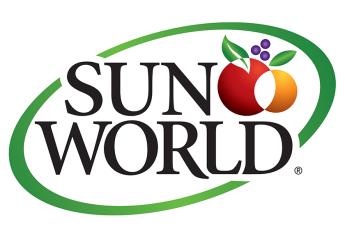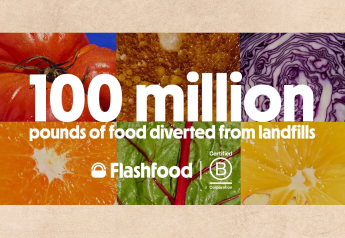Food safety lessons of the COVID-19 pandemic

While it is, perhaps, premature to look at the COVID-19 pandemic through the rearview mirror only, there is enough data to extract some useful lessons.
Over the past few weeks, I came across several interesting reports, one highlighting an 80-95% drop-off in the cases of norovirus infections in the U.S. (and a similar trend in England and Wales) during the COVID-19 pandemic, and another focusing on a decline in foodborne bacterial infections.
Similarly, studies in Israel and Spain report a 30-80% decline in reported cases of salmonella, shigella and campylobacter infections. Even though the healthcare system was stressed, authors point out that under-reporting of cases could be ruled out.
While it is beyond doubt that SARS-CoV2 is not a foodborne pathogen, what can we learn from the measures that were put in place to control COVID-19 that also had a positive impact on food safety?
Even though we cannot eliminate the possibility that lockdowns minimized interpersonal interactions and that limited the spread of some foodborne illnesses, other factors were also likely at play.
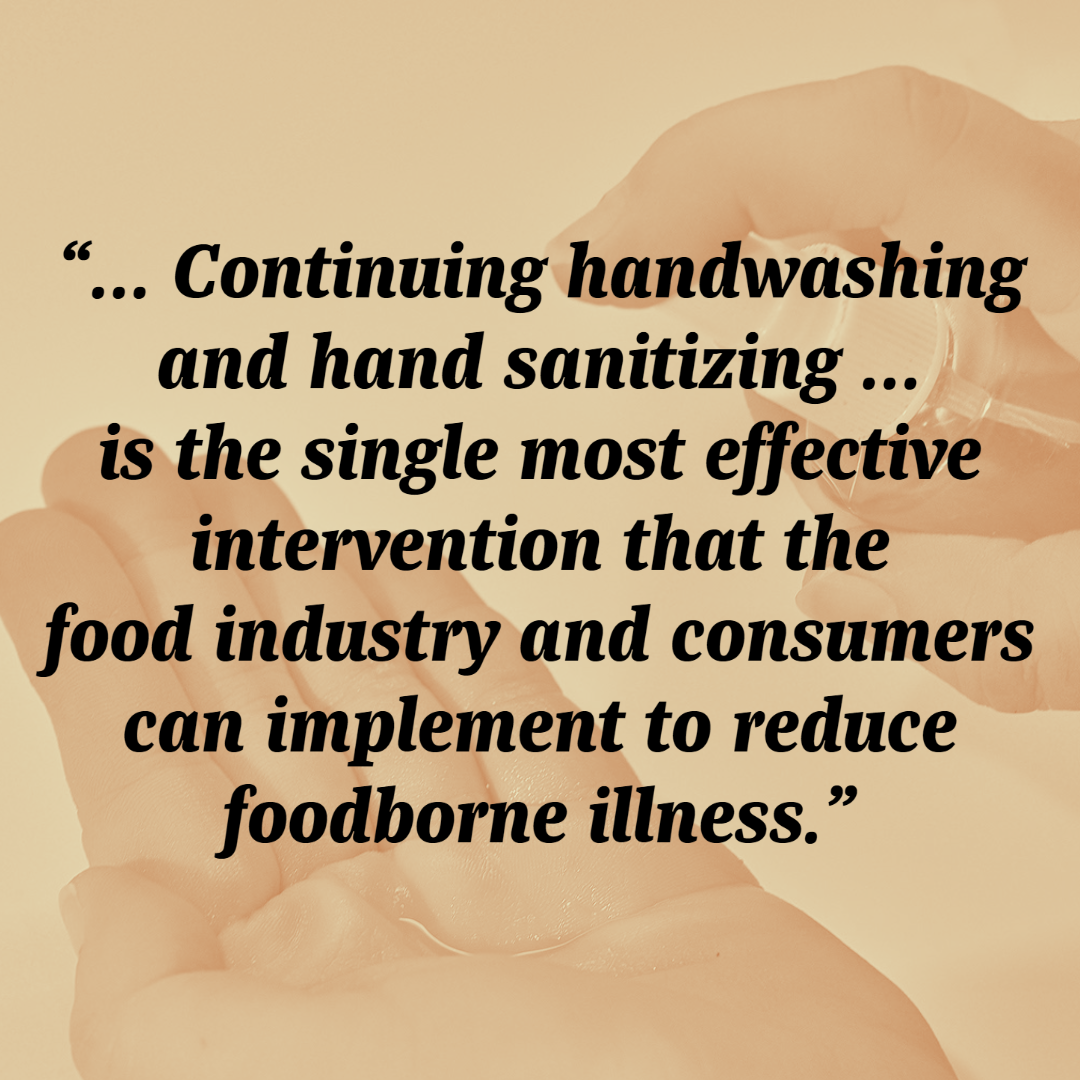
From the first days of the pandemic we were all reminded of the importance of hygiene: washing hands, using alcohol-based sanitizers and doing so often. While hand hygiene is something that is commonplace in the produce and, more broadly, food industry, it was the first time that consumers went to great lengths to sanitize hands before coming into public places and after leaving them.
The authors of the Israeli study, in fact, make a direct link between an increase in handwashing and a reduction in shigella infections. I firmly believe that continuing handwashing and hand sanitizing habits learned over the past 18 months is the single most effective intervention that the food industry and consumers can implement to reduce the burden of foodborne illness.
Disinfecting shopping carts was a new practice implemented during the pandemic. While it was put in place to sanitize high-touch surfaces (such as cart handlebars), I have no doubt that this was the second most effective practice in reducing transmission of foodborne pathogens.
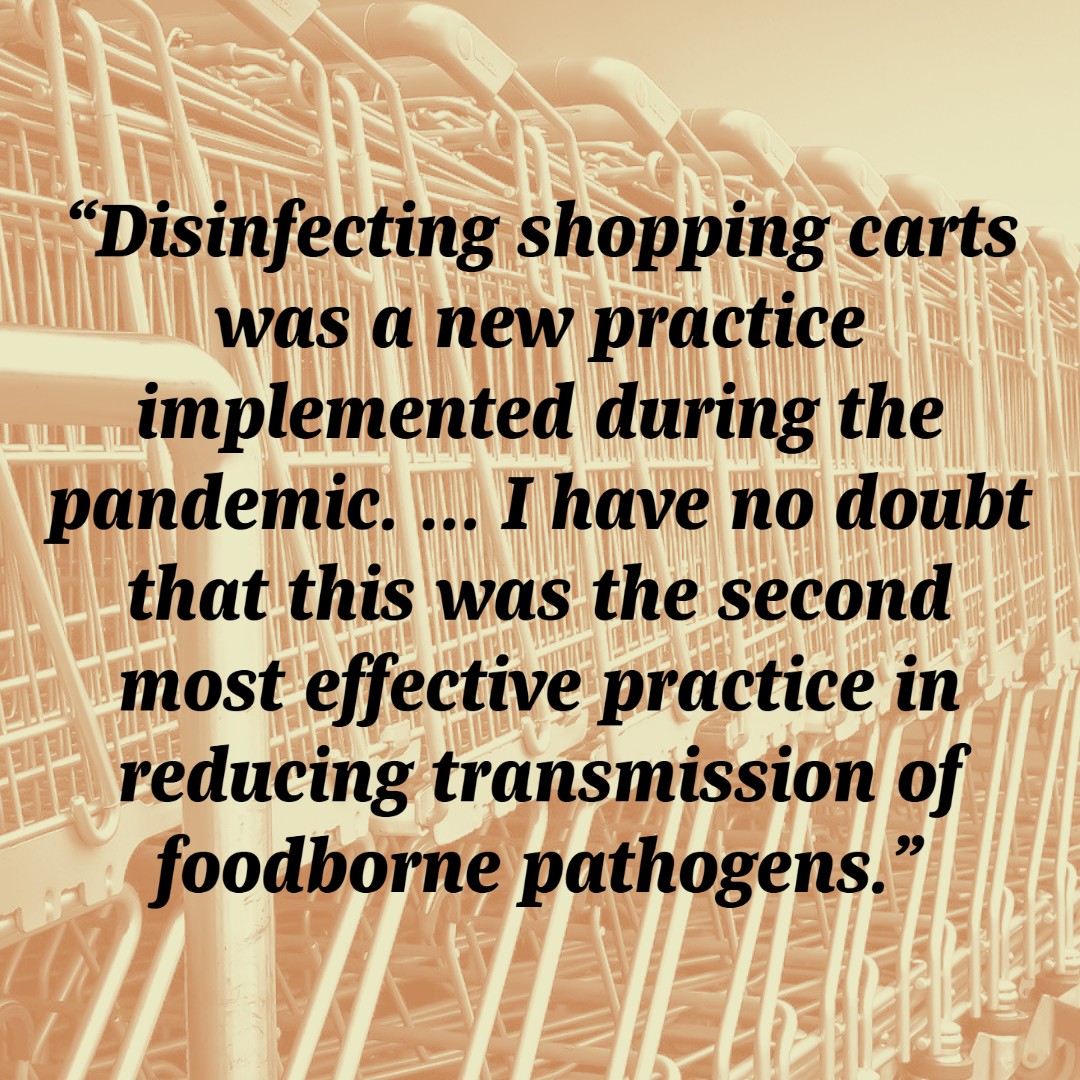
For almost a decade data pointed at shopping carts as the place where cross-contamination between packaged animal products (that often leak “juices” potentially harboring human pathogens) and foods that don’t undergo thermal processing takes place.
Continuing to make sanitizing wipes and disinfectant sprays available to shoppers as they enter the store will go a long way to reduce the risk of cross-contamination while shopping.
In the rush to shed everything that reminds us of the dark days of the pandemic, let’s keep an eye on the data that can help make the “new normal” a safer and healthier one.
Max Teplitski is chief science officer for the Produce Marketing Association.


